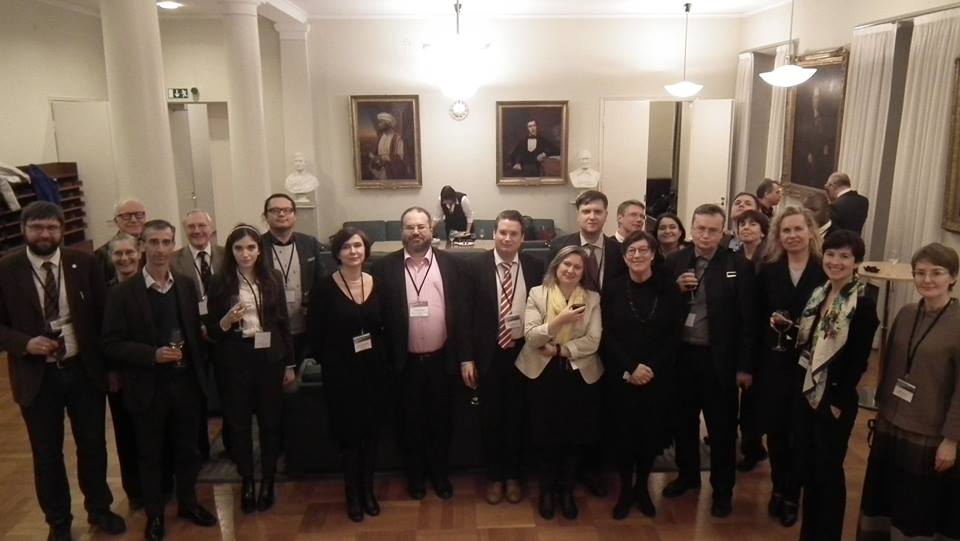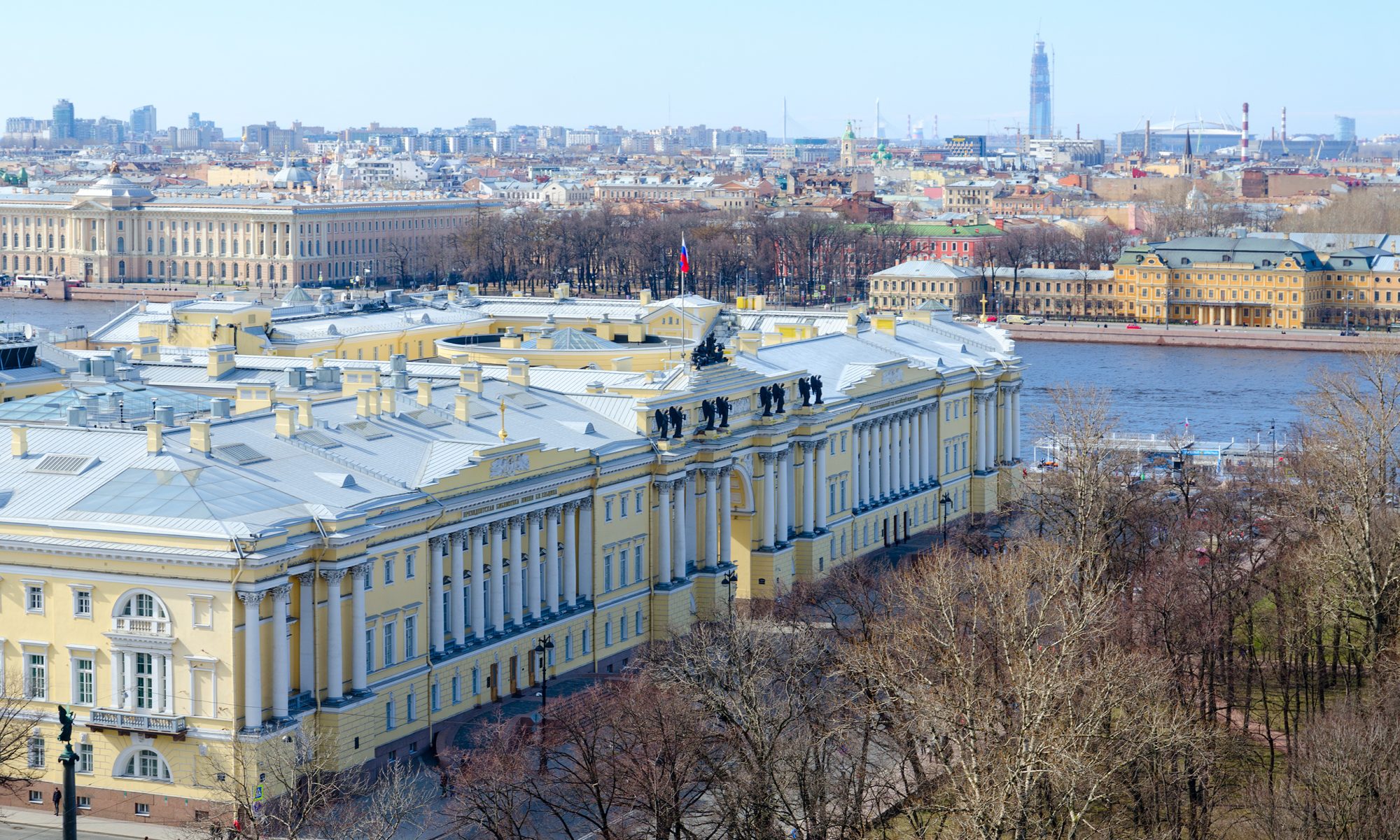Access to Justice in Eurasia: From Regional to Global, 11th Development of Russian Law Conference

The 11th annual Development of Russian Law Conference marks the continued development of one of the only annual international gatherings of experts on Russian Law. The conference, held in Helsinki on November 19-20 this year, assembled a variety of experts of different disciplinary backgrounds, including Legal Studies, Social Anthropology, Sociology, Social Science and History. They covered a wide range of themes, such as human rights, business, neo-liberal theory and the interaction of political and legal cultures. Even with the regional and thematic focus on ‘access to justice’ in Russian and Eurasia, the 11th annual Development of Russian Law Conference truly fostered an interdisciplinary cross pollination of academic thought, continuing to show the potential for ongoing growth and cooperation.
Access to justice has become an important issue in many justice systems around the world. Access to justice enables individuals to protect themselves against infringements on their rights, to remedy civil wrongs, to hold executive power accountable and to defend themselves in criminal proceedings. The popular image of the Russian judicial system is dominated by two contradictory narratives. One emphasizes its dysfunctional elements, focusing on the public’s distrust of the courts. This narrative delights in presenting high-profile cases in which the outcomes are blatantly dictated by the desires of the Kremlin as representative. The other looks more at the day-to-day reality of the courts and stresses the burden judges carry, caused by the avalanche of cases brought before them. There is a logical inconsistency to the two images. Remarkably, both have more than a kernel of truth to them. To a considerable extent, they feed on one another. Overworked and exhausted Russian judges make mistakes that contribute to low public esteem for courts. Yet court administrators continue to push judges to absorb ever-greater numbers of cases as a way of proving the value of courts. Among other things, e-justice has been seen by the administration as an effective remedy against backlog and inability to provide efficient access to justice. Similar narratives are applicable to other post-Soviet countries, many of whom have been undergoing a wide range of changes in an attempt to integrate into a variety of regional and global legal orders.
Experts from Russia, Finland, the EU and the US came together to examine how access to justice is provided in a variety contexts, be it neoliberal economics, businesses and consumer rights in Eastern Europe, access to justice for social groups or international frameworks for justice institutions. The main debates focused on the problem of ‘if access to justice constitutes the main component of the rule of law’ or, in other words, what kind of access to justice proves rule of law workable. There is an agreement among experts that in Russia, access to justice is well organized: it is cheap, egalitarian and direct. However, another point of heated discussion is if these factors truly lead to transparency and the actual reception of justice in terms of satisfaction with the justice system. The majority of academics and practitioners are skeptical about the current situation in Russia, pointing out that there are major problems within the justice system and legal profession, continuing to dwell on Soviet institutional heritage. In addition to legal argument, politics plays a crucial role in ‘who can’ and ‘how to’ receive justice, as well as ‘who can’ and ‘how to’ administer it.
In sum, the Development of Russian Law conference produced another year of fruitful conversations and academic synthesis. After eleven years, the project has established itself and now organizes a wider international community of experts. Rooted in the Finnish tradition of expert knowledge of Russia and the interdisciplinary academic prospective of the University of Helsinki, Development of Russian Law has a positive outlook for the future, with the next step of promoting further interaction among scholars of all disciplines.

